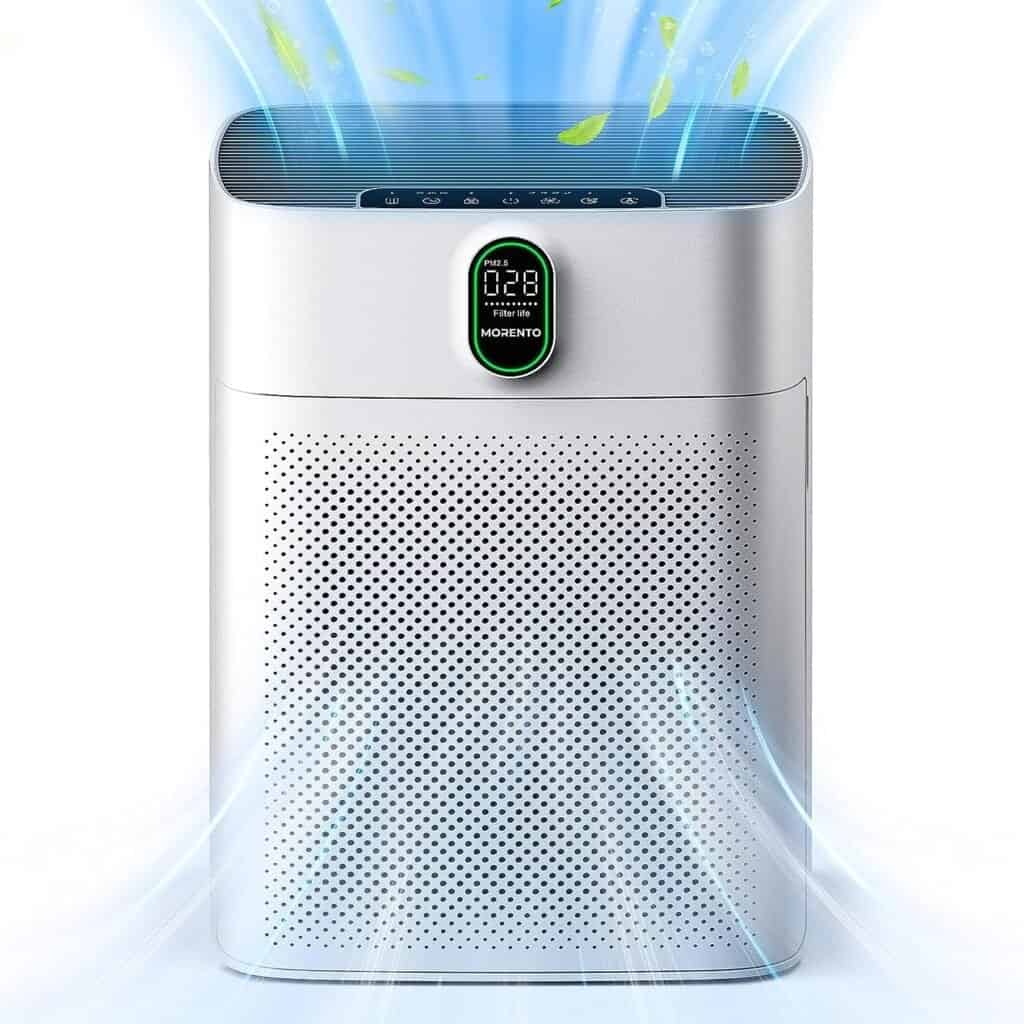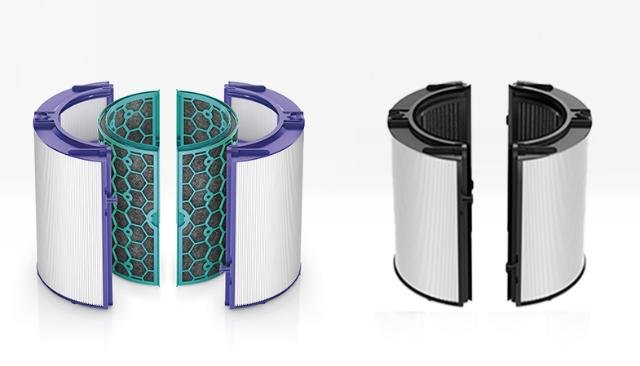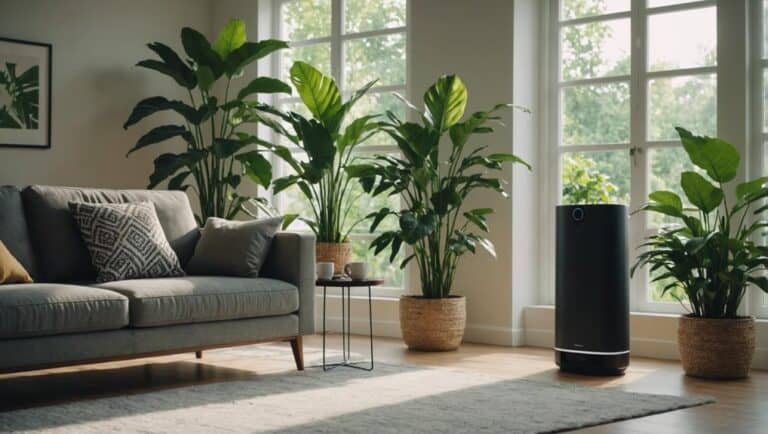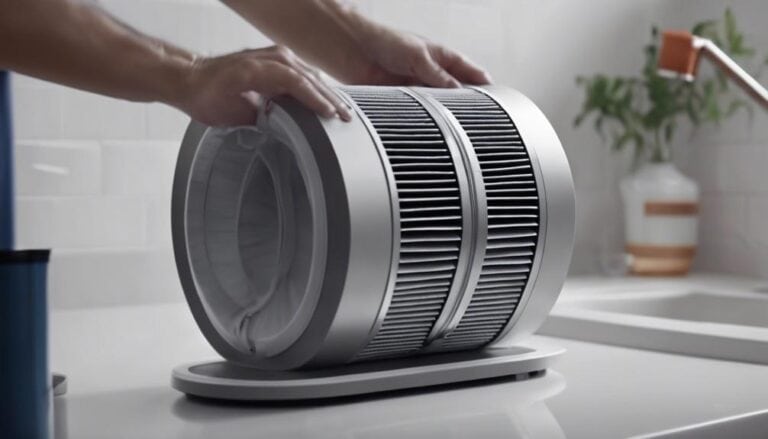Can Air Conditioning Really Help With Seasonal Allergies?
Are you struggling with seasonal allergies? Wondering if air conditioning can actually provide relief? Well, you’re in luck!
In this article, we’ll explore the benefits of air conditioning for seasonal allergies. Discover how air conditioning filters out allergens and reduces humidity to alleviate your allergy symptoms.
We’ll also share tips on how to use your air conditioning effectively to improve indoor air quality. Say goodbye to sneezing and sniffling, and start enjoying relief with the power of air conditioning.
Key Takeaways
- Air conditioning improves indoor air quality by filtering out allergens such as pollen and dust.
- Maintaining a consistent temperature and humidity level with air conditioning further improves indoor air quality.
- Air conditioning helps manage seasonal allergies by keeping the air clean and free from allergens.
- Air conditioning reduces humidity and removes excess moisture from the air, reducing allergy symptoms.
The Benefits of Air Conditioning for Seasonal Allergies
You’ll find that air conditioning can greatly alleviate your seasonal allergies.
One of the main benefits of air conditioning is that it helps improve indoor air quality. When you turn on your air conditioner, it filters out allergens such as pollen and dust, reducing the amount of these irritants in the air you breathe. This can significantly reduce your exposure to allergens and provide relief from your allergy symptoms.
Additionally, air conditioning helps to maintain a consistent temperature and humidity level in your home, which can further improve your overall indoor air quality. By keeping the air clean and free from allergens, your air conditioner becomes an effective tool in managing your seasonal allergies.

Understanding How Air Conditioning Filters Out Allergens
To understand how air conditioning filters out allergens, you can learn about the different types of air filters and how they work.
Air filters play a crucial role in maintaining indoor air quality and can be found in HVAC systems and air conditioning units. These filters help reduce allergens like pollen, mold spores, and pet dander from circulating in your home. By trapping these particles, air filters prevent them from entering your living space and causing allergic reactions.
When choosing an air filter, look for one that’s specifically designed to capture allergens. HEPA filters, for example, are highly effective in removing small particles from the air.
Regularly changing and maintaining your air conditioner filters can greatly improve indoor air quality, making your home a more comfortable environment for allergy sufferers.
How Air Conditioning Reduces Humidity and Allergy Symptoms
Air conditioning reduces humidity and allergy symptoms by removing excess moisture from the air. High humidity levels promote the growth of mold and mildew, which are common triggers for allergies. By reducing humidity, air conditioning helps to create a less favorable environment for these allergens to thrive.
Additionally, air conditioning units often have filters that can capture allergens like pollen, further improving indoor air quality. When the air conditioning unit is running, it circulates and filters the air, removing allergens and reducing the likelihood of allergy symptoms. This can help alleviate symptoms such as sneezing, coughing, and itchy eyes.
Tips for Using Air Conditioning to Improve Indoor Air Quality
For optimal results, make sure to regularly clean and replace the filters in your air conditioning unit, as well as keeping the windows and doors closed to prevent outdoor allergens from entering. By following these tips, you can improve the indoor air quality in your home and reduce the presence of allergens like dust mites and pollen. Your air conditioning unit, also known as your HVAC system, plays a crucial role in providing clean air. It filters out airborne particles and helps maintain a comfortable and allergen-free environment. Here are some additional tips to enhance the effectiveness of your AC unit:
| Tips for Using Air Conditioning to Improve Indoor Air Quality |
|---|
| 1. Clean and replace filters regularly |
| 2. Keep windows and doors closed |
| 3. Schedule professional HVAC system maintenance |
| 4. Use a dehumidifier to control moisture |
| 5. Consider an air purifier for additional filtration |
Conclusion
In conclusion, air conditioning can be a valuable tool in helping to alleviate seasonal allergies. By filtering out allergens and reducing humidity, it can improve indoor air quality and reduce allergy symptoms.
To maximize its benefits, it’s important to regularly clean and replace air filters. So, if you suffer from seasonal allergies, using air conditioning can be a helpful strategy to find relief and improve your overall well-being.






